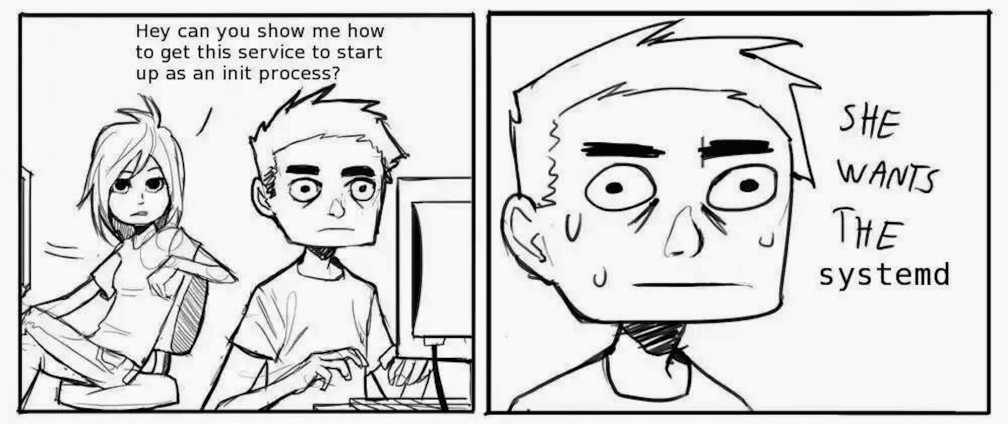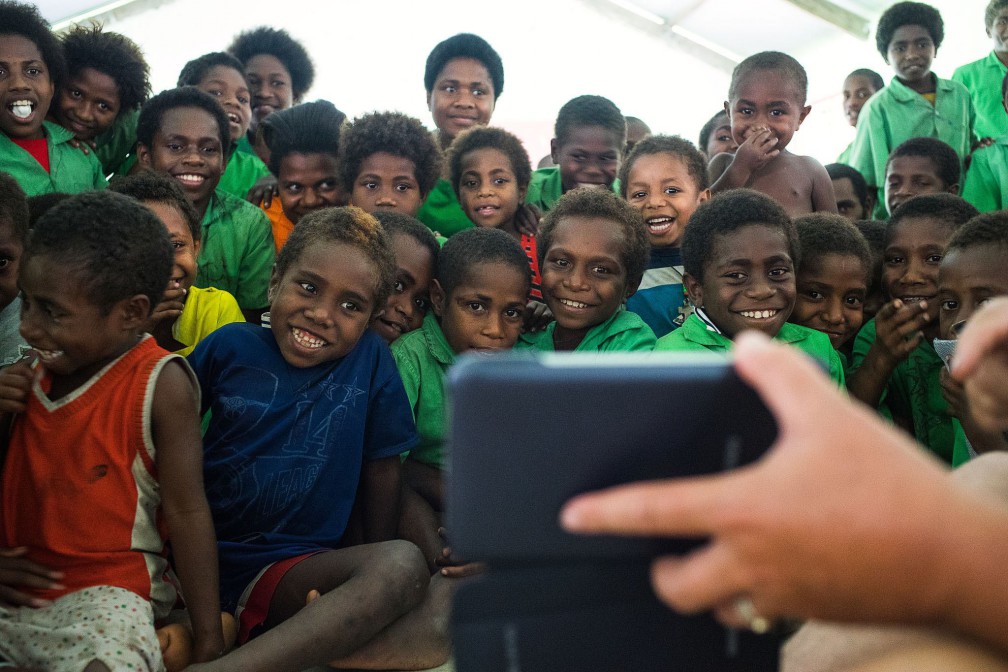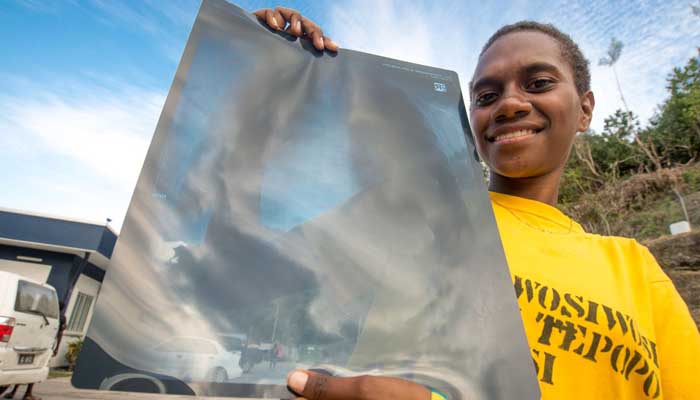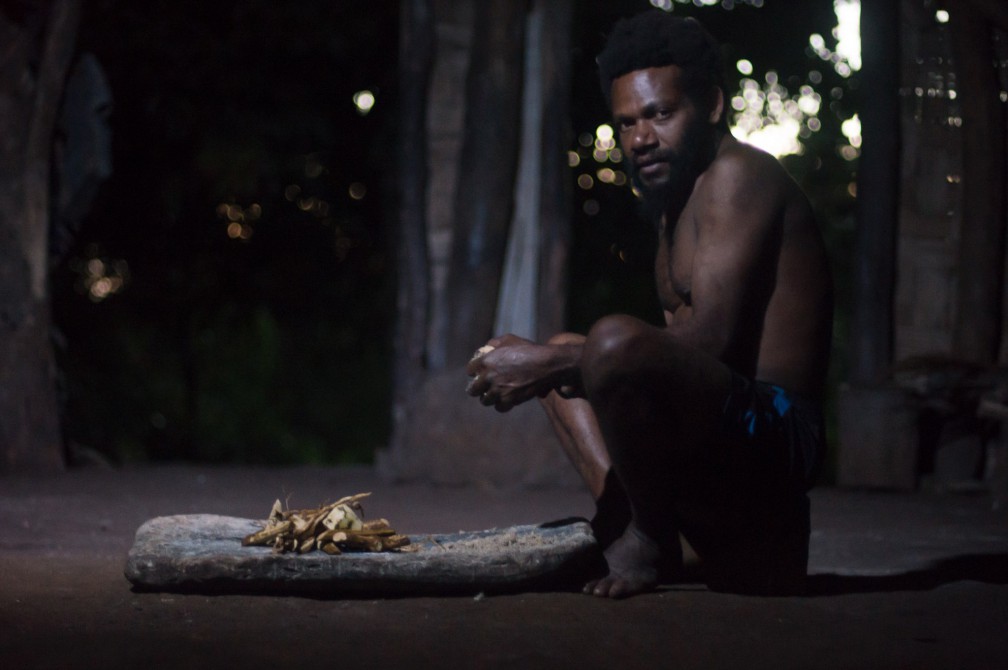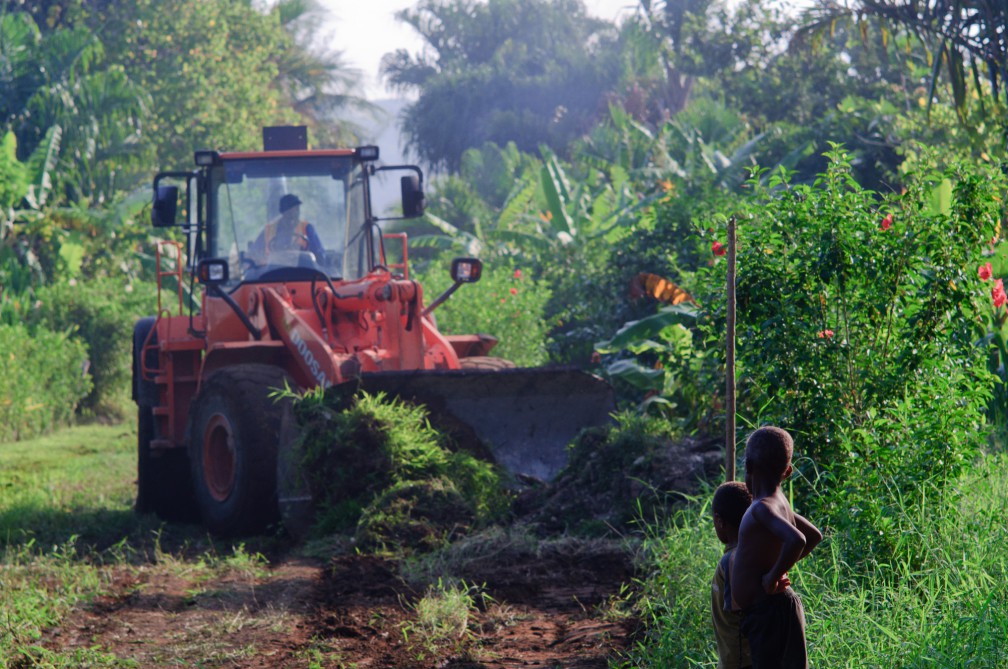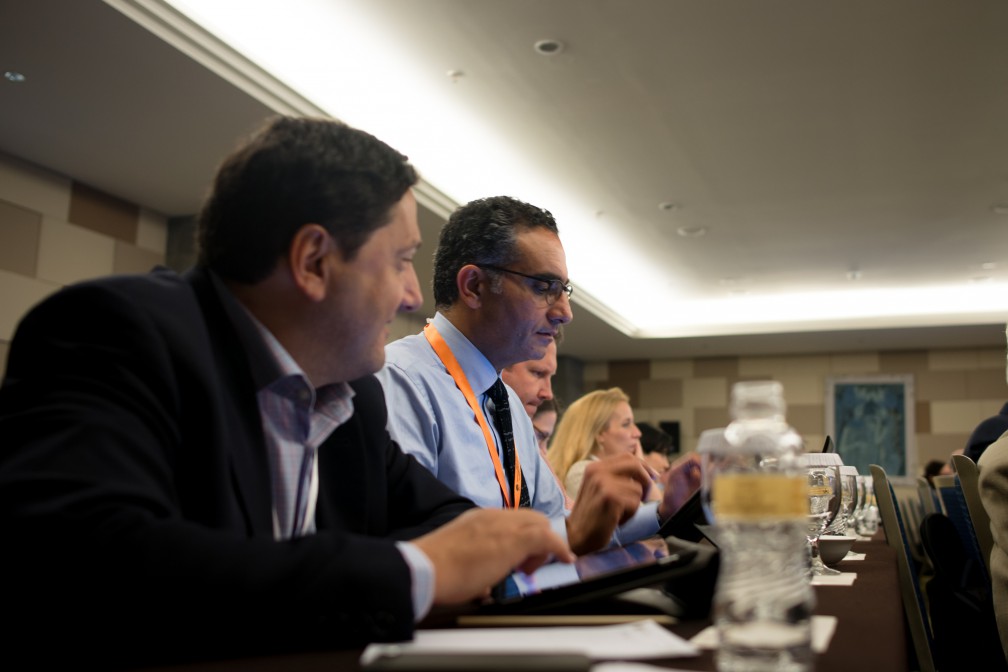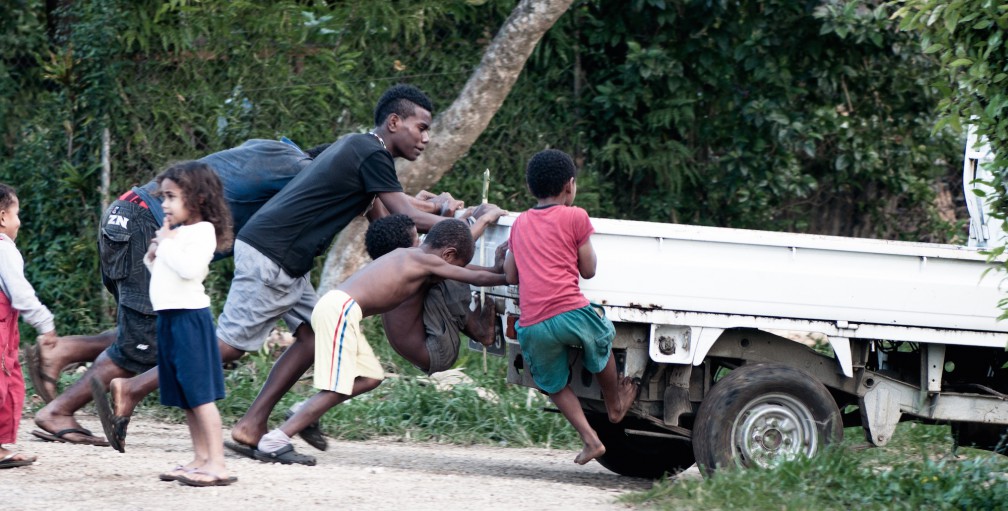In an online discussion concerning an ‘old-school’ geek’s fear of change, there was a lot of back and forth concerning luddism on the one hand and change for change’s sake on the other. At one point, someone chastised the poster for his trepidation.
“I’m going to guess he’s going to look back on his life and realize that he was dumb to think he’d seen it all at age 24. He talks as though the Third Age of Middle Earth is ending…”
In some important ways, it is. The process isn’t complete, but there is a fundamental change happening, and it will discomfit some of us.
The days of ‘Homesteading the Noosphere‘ (as ESR put it), are coming to a close. Scale, network topologies, business models and legal encroachment on the principles of individual online freedom are all conspiring to make the technological world we live in substantially more constrained than it’s been since the internet became part of our lives.
The land rush is over, the cowboys are gone (either buried or rich) and the homesteaders are being bought out by the speculators and tycoons. Community-based governance is under siege by national and international interests.
And this is being reflected in the tech world. The craftsman’s approach to software (always greater in repute than in reality) is decidedly more difficult to practice as a trade than it was. Toolkits are giving way to frameworks and apps replace applications. Backyard-mechanic roadsters and dirt-track races are swallowed up by Nascar – VCs get us excited by the prospect of building only big enough to sell out to someone bigger.
The physical networks themselves are being taken back by the telcos and proffered to governments for surveillance in exchange for ever more egregious rent-seeking behaviour. What we used to call sharing is now piracy. The word ‘copyright’ now means ‘don’t copy at all, ever.’
And in the midst of it all, we’re grateful to lockin-vendors who make Free software difficult, if not impossible, to use. We rent what we used to own. Even our identities are no longer our own.
I grieve to say it, but unless there’s a sudden and immense resurgence of the DIY spirit, especially in peer networking and distributed data, we’re going to fall back into the bad old days of the dumb terminal and the smart network. And that network’s smarts will not exist for our benefit.
I’m pushing 50 now, and do I fear change? Not really. I just regret the lost freedom, the creative anarchy of the ’90s, the ability to hack something cool and new, the chance to achieve things never before possible. It’s not gone yet. We could still turn things around. But every day we don’t brings us a day closer to the day when we can’t any longer.

